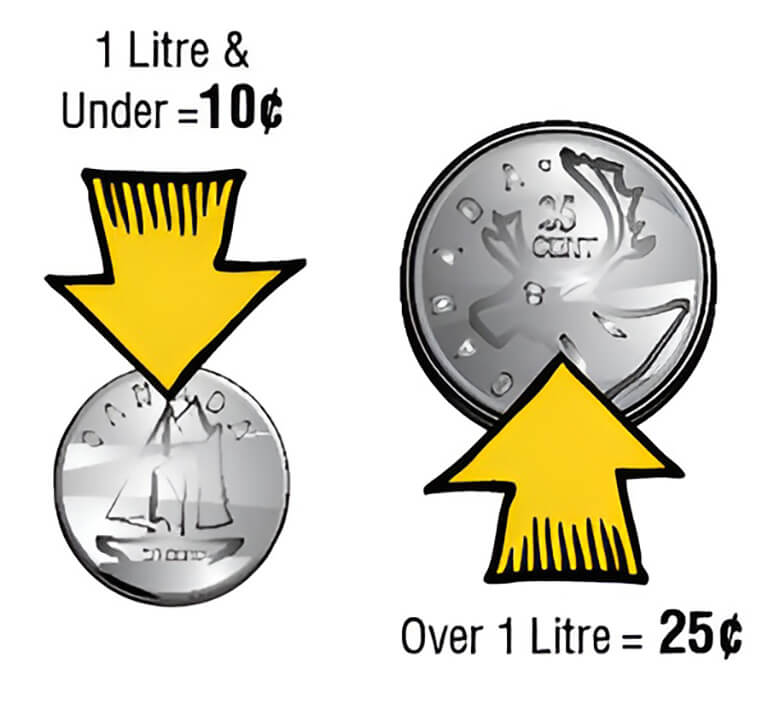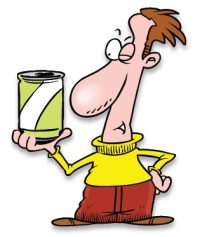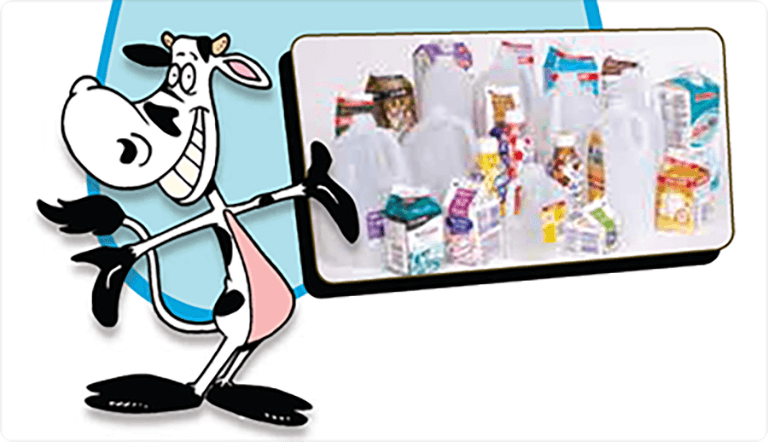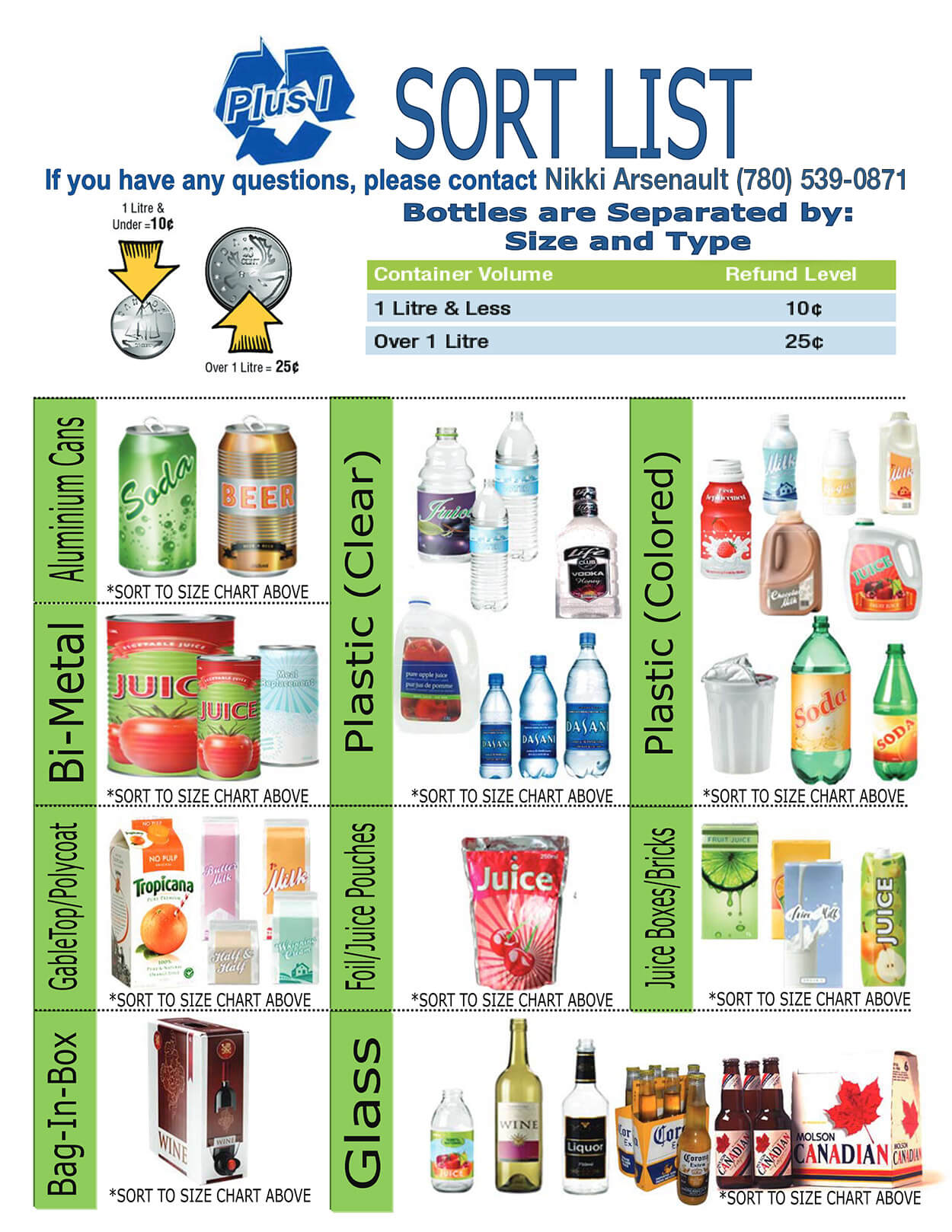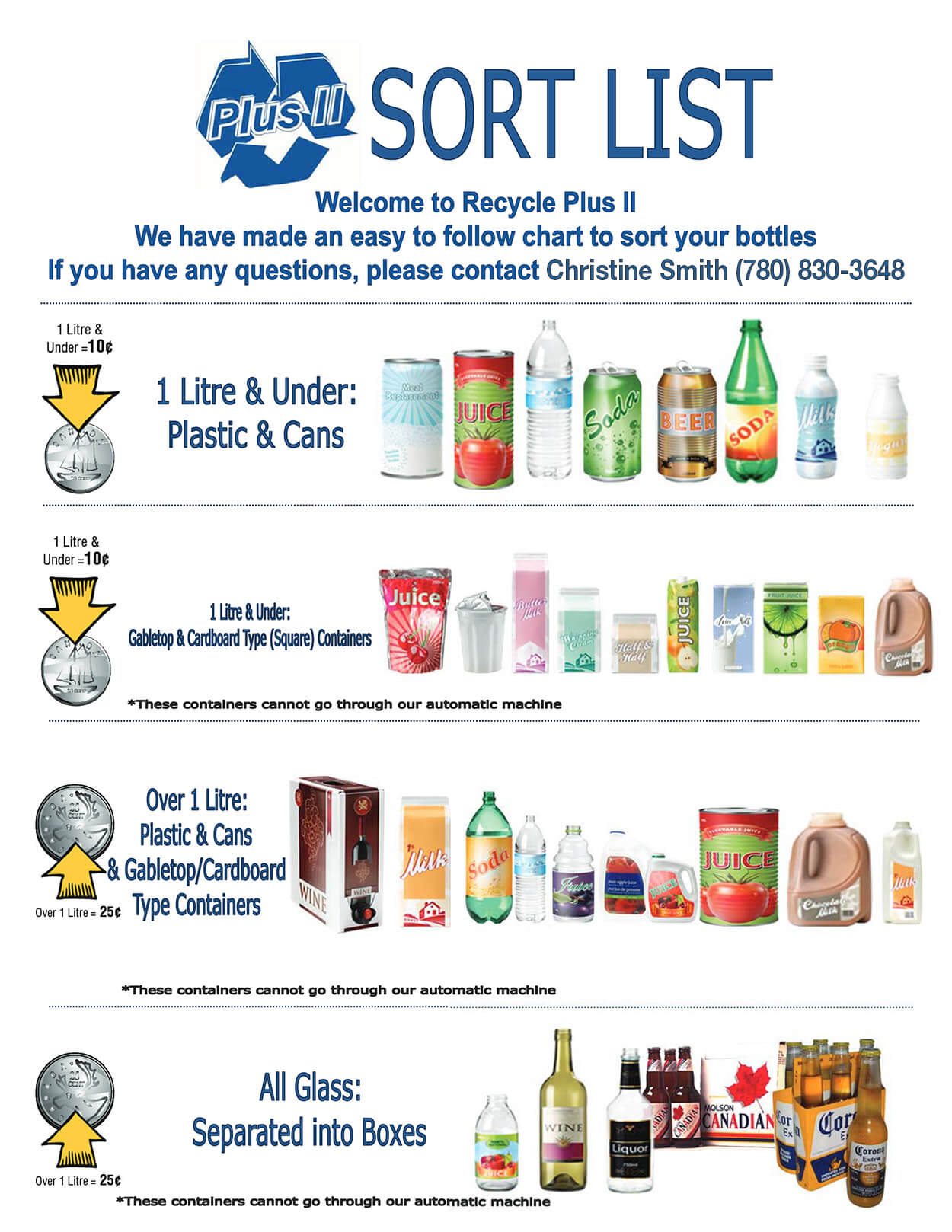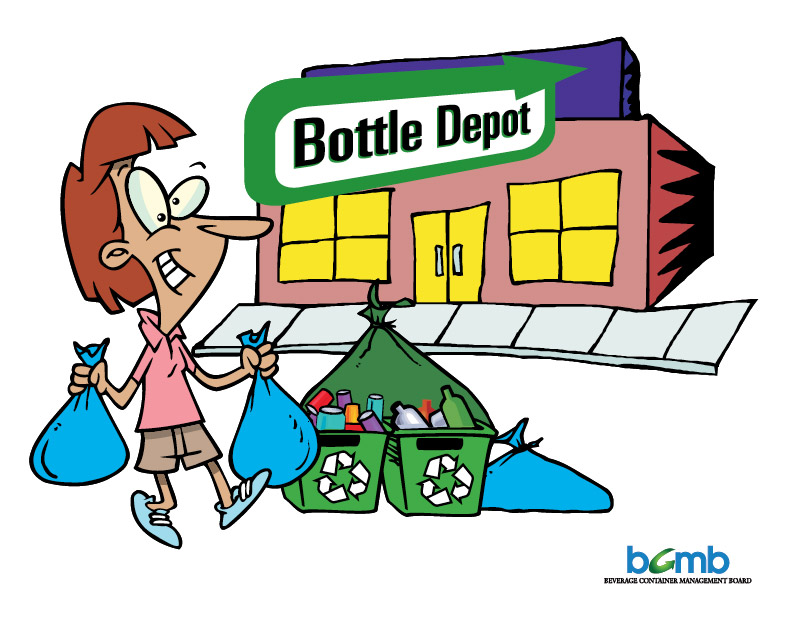
Beyond your fully refundable deposit, a non-refundable container recycling fee or environmental levy may be applied at the point of purchase to cover the net costs in recycling beverage containers. Fees are based on a not-for-profit formula and presently range from no charge to up to 8 cents per container. The fee is a few pennies on your grocery bill but greatly helps to keep tonnes of waste from ending up in Alberta landfills.











